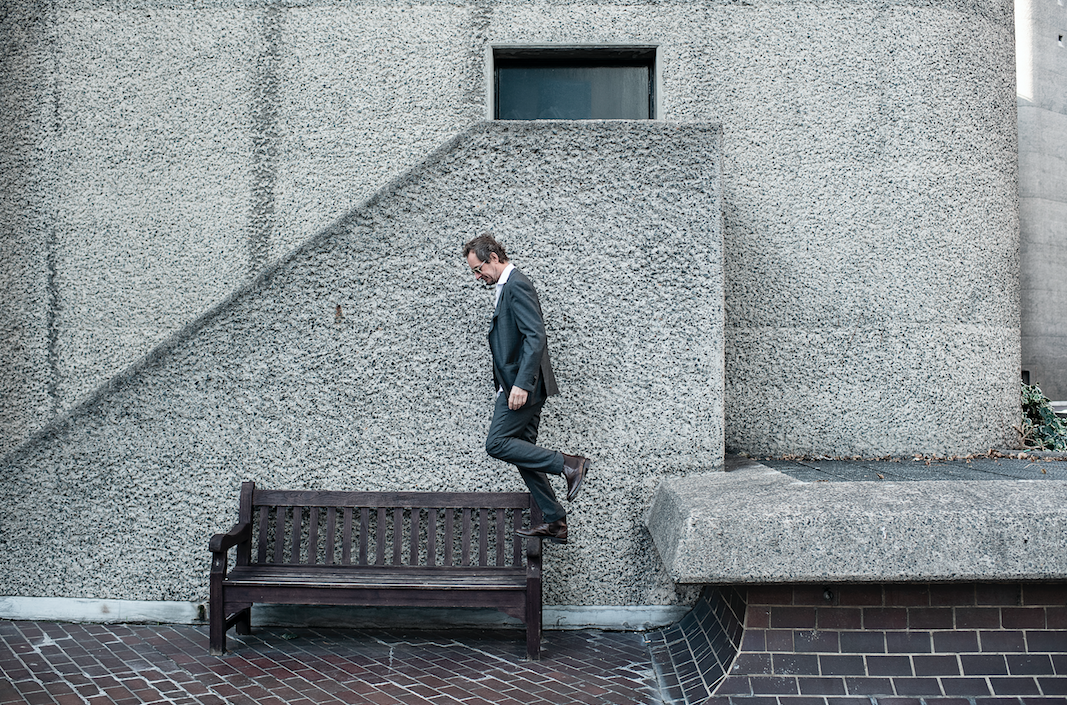Richard Tognetti: 'Creatives should be able to test the waters and pour in as much acid as they like'

Richard Tognetti is Artistic Director and leader of the Australian Chamber Orchestra (ACO). Here, the violinist, composer and conductor reflects on the University of Melbourne’s First Commissions project and discusses his own creative journey.
First Commissions – a project inspired by themes found in works by the likes of Michelangelo, Frida Kahlo and Bob Dylan – started as an amazing idea. The 30 student and alumni artists from the Faculty of Fine Arts and Music didn’t know what they had agreed to do, what they were reacting to. Yet there was a sense of it being something important.
The beauty of such weird and wicked concepts is that you never know what the outcome’s going to be. If you teach someone violin, you hope they’ll learn how to play a violin, whereas with this kind of cross-artform collaboration, you can’t anticipate the result. Danna Yun, a final year Bachelor of Music student, is an example of that – she’s grown up steeped in classical music. A lot of people don’t go down that track because of the effort and craft required to succeed. It’s much easier to learn guitar, and nowadays easier still to have GarageBand.
I think that you’ve got to be someone from a generation for whom video games may be more important than reading books. And I say that without judgment, because high-end soundtracking goes into providing music for video games, and more money is being spent on soundtracks than on some Hollywood films. Forget about your Beethovens, your Bruckners and your Mendelssohns – Danna’s taken this classical tradition, with all of its knowledge and craft, and she’s putting it to modern use.
It may be a lesson to us all to not get rid of orchestras, because they’re not just for old people listening to dead white men anymore. These collaborative projects serve to get students outside of their comfort zone and outside of their little disciplinary bubble. Not to discount the importance in becoming an expert in one’s own field.
Funnily enough, my own first collaborative work was with [Australian artist and cartoonist] Michael Leunig in 2000. I mean, it was a straightforward project, but it was extraordinary to work with, as Phillip Adams describes, the “weaponised whimsy” of Michael Leunig. Our next project was again with Michael Leunig, and Neil Finn: Parables, Lullabies and Secrets. From there we became increasingly adventurous.
What’s interesting about collaborating outside of your silo as a musician is attitudes to music, and how attitude colours the sort of music that we play. And that’s what gets me excited – I don’t just want to play in a string quartet all day, every day.
For some students, First Commissions may very well be the first exhibition of their work. Some may have never had their work open to public scrutiny. Fortunately, or unfortunately, the voice of God lives with the audience, and if they’re not engaging with it, you’ve done something wrong. The zeitgeist might be wrong too, you know – sometimes you do something ten years too early or ten years too late.
You’re being judged by the internal mechanisms, then those in close proximity: the other collaborators, and friends and family. Then by work colleagues et cetera who aren’t really directly involved but exist in your periphery. And then you’ve got the rest: the YouTube trolls, the kind of people who have no vested interest in you – they don’t care if you succeed or fail, they just judge the project. As you become wiser, you’ve got to be able to remove yourself from the objective world and just live with it. Listen to yourself more than anything else. You make it, and you throw it out into the world.
I made a film with the ACO in 2012 called The Reef. The first incarnation had this incredible rough-cut-diamond feel to it. We polished it up, but went too far and it didn’t work anymore. We started again. Stripped it back again. On the third attempt, we got there. So you could say the first two were failures, in a way. But instead of just withdrawing and throwing in the towel, we kept at it. And we learned a lot from process. If we hadn’t had the courage to do it, conditioning ourselves to ride the failure and back ourselves, we never would have gotten there in the end.
First Commissions is that framework for getting your work out of the studio. It gives the artist a deadline. A starting point. A budget. Whether that budget is five dollars or five million dollars, you’re going to have scrutiny, and the layers in the onion of that criticism will threaten your sanity and really test your ego.
As a creative, one should be able to really test the waters and pour in as much acid as they like. You won’t learn to do that just in your own studio. You’ve got to venture beyond the studio, collaborate and make work. It’s courageous, isn’t it?
– As told to Mireille Stahle